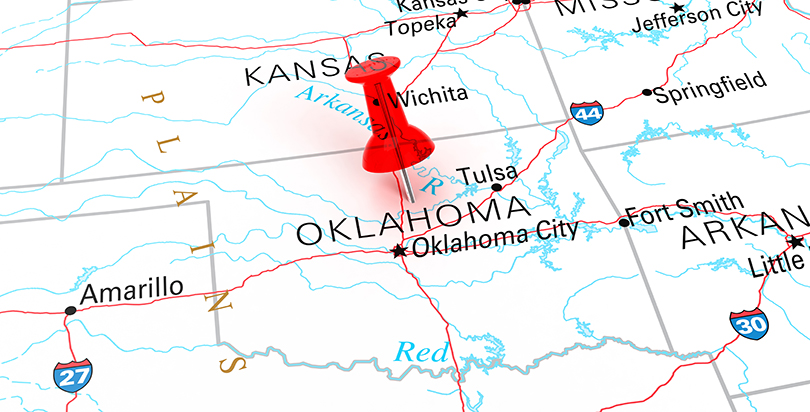How States Are Implementing the Every Student Succeeds Act: Inside Oklahoma & South Dakota’s Plans

This update on the Every Student Succeeds Act and the education plans now being refined by state legislatures is produced in partnership with ESSA Essentials, a new series from the Collaborative for Student Success. It’s an offshoot of its ESSA Advance newsletter, which you can sign up for here! (See our recent ESSA updates from previous weeks right here)
1. Oklahoma releases draft ESSA plan, prioritizes chronic absenteeism
The Oklahoma Department of Education released its draft ESSA plan for public review and comment. (You can review the executive summary for the second draft here.)
The state announced that it will prioritize chronic absenteeism as a key indicator: “The OSDE will use chronic absenteeism for the school quality/student success indicator. Research shows that chronic absence affects academic delays as early as kindergarten and the likelihood of high school graduation.”
State Superintendent of Public Instruction Joy Hofmeister stated, “Hearing from so many Oklahomans who care deeply about their public schools has brought valuable insight into what our focus should and will be to lift the outcomes of all schoolchildren and give them the skills they need to compete on a national level.” Stakeholders have until June 30 to submit feedback to the department.
2. South Dakota unveils ESSA plans, spotlights college and career readiness
The South Dakota Department of Education also released its draft ESSA plan, giving the public 30 days to provide feedback on the plan.
Per the Rapid City Journal, the state will “expand its accountability indicator related to college and career readiness. This means schools would receive recognition for providing opportunities for students (e.g., dual credit courses, Advanced Placement courses and exams, and career and technical education courses), in addition to measuring performance on the ACT or Smarter Balanced test.”
According to Secretary of Education Melody Schopp, “South Dakota was in a solid position when ESSA passed,” and “for nearly five years, we have been focused on preparing students to leave the K-12 system college-, career-, and life-ready.”
3. States begin to host teacher training session on ESSA implementation
As states begin to host training sessions on ESSA implementation, Education Week engaged with New Mexico and Louisiana on their efforts. According to outgoing New Mexico Education Secretary Hanna Skandera, “despite the criticism from union officials, the state’s plan is a product of all New Mexicans and will continue to push schools serving its most vulnerable students”; she added that “we want to equip and empower educators more, and we’re rolling out 20 new teacher initiatives.”
Louisiana’s assistant superintendent of academic content, Rebecca Kockler, explained that the state will “tap into its network of 6,500 teacher leaders — around two to four teachers from each of the state’s schools — to help roll out its training.”
4. DeVos’s senate testimony: Giving states flexibility on their plans
Secretary DeVos testified before the Senate Appropriations Committee’s education subcommittee earlier this week to discuss additional education funding and ESSA. DeVos commented that she “might not agree with every approach that every state takes, but [she was] not going to invent new regulations,” when asked if she would reject any state plans. Topics also included Title IX funding and school choice. (Read The 74’s recap of her Senate appearance.)
Get stories like these delivered straight to your inbox. Sign up for The 74 Newsletter

;)